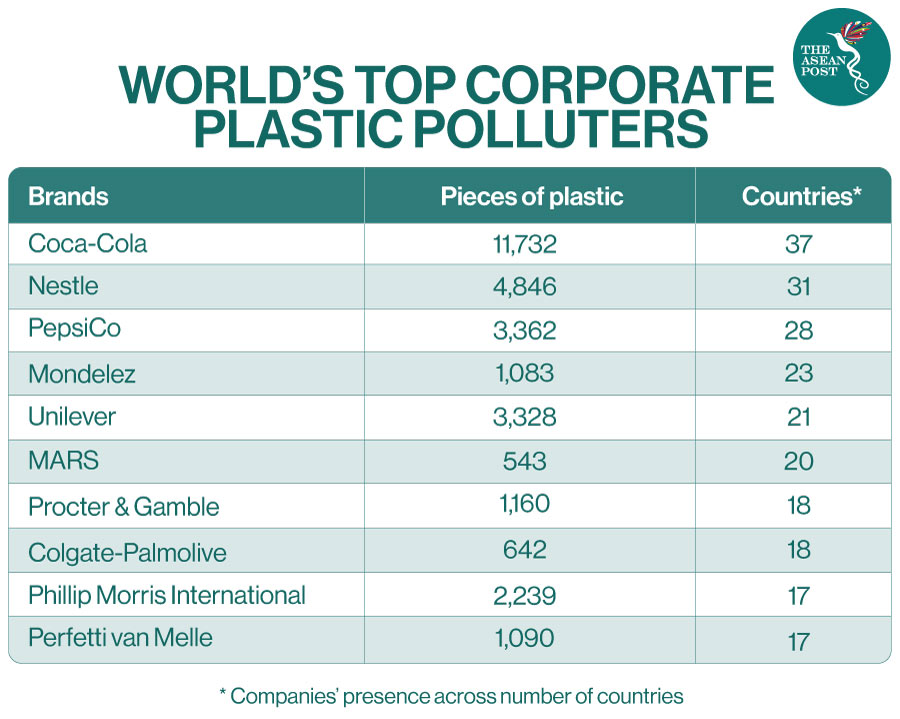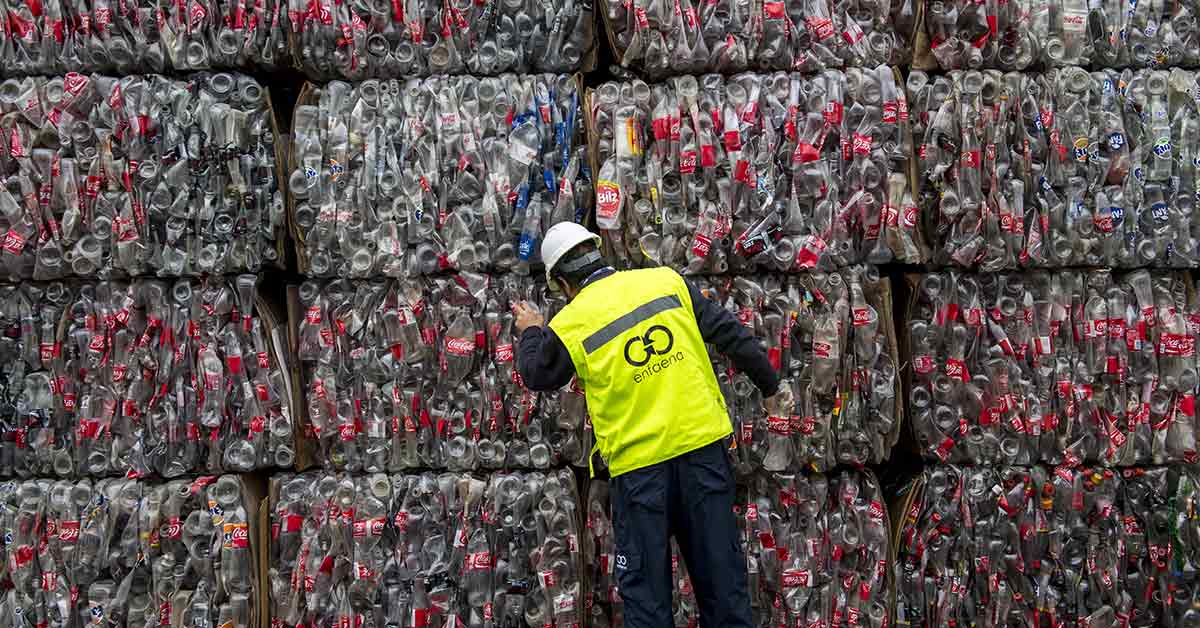The oceans increasingly face a growing threat from plastics.
According to the United Nations Environment Programme (UNEP), the world produces approximately 300 million tonnes of plastic waste every year, and most of this plastic ends up in the world’s oceans.
Oceana, an international organisation focused on ocean conservation, estimates that 18.2 trillion pounds of virgin plastics have been produced to date.
“Most plastic items never fully disappear; they just get smaller and smaller,” the organisation noted. Plastics break down into smaller pieces that are eaten by fish and end up in our food chain. If current trends continue, the ocean could contain more plastics than fish by 2050.
Every year, thousands of people around the world get together to clean up the plastic waste that washes onto beaches. For the past years, worldwide clean-ups were mobilised by #breakfreefromplastic, which is a global movement envisioning a future free from plastic pollution.
Break Free From Plastic (BFFP) initiated the #BrandAudit to hold corporations accountable for their part in plastic pollution. Last year, with 72,541 volunteers in 51 countries, they successfully collected nearly 500,000 pieces of plastic, of which 43 percent are marked clearly with a brand.
Big Brands
The BFFP’s brand audit project wants to hold corporations accountable for their obligation towards the real solutions for plastic pollution. Together with Greenpeace Philippines, they published a 2019 report titled, ‘Branded: Identifying the world’s top corporate plastic polluters, vol.2’. The report found that big corporations such as Coca-Cola, Nestlé and PepsiCo are among the world’s most polluting brands.
Coca Cola is the top global polluter with a total of 11,732 Coke branded plastics found in 37 countries across four continents.
The BFFP report also showed that Nestlé ranked second among the top polluters. Nestlé is one of the biggest fast-moving consumers goods (FMCG) corporations in the world, with a massive plastic footprint.

Emma Priestland, #breakfreefromplastic Corporate Campaign Coordinator, said that they face a pervasive problem of plastic pollution every time they do clean-ups. Through brand auditing, they “can expose and challenge the real drivers of this crisis, especially the companies who keep marketing and selling their products in disposable, throwaway packaging.” Priestland adds that corporations need to take responsibility for their mess.
Coca-Cola
All efforts to reduce plastic pollution is impossible without big corporations making major changes to how they produce their products.
In 2019, Coca-Cola unveiled a single-use plastic bottle made using recovered marine plastics. Advances in technology have given ways to strip out impurities and recycle lower-grade materials. The company produced sample bottles using 25 percent recycled marine plastics.
Dr Ben Jordan, Coca-Cola Company’s senior director of environmental policy, told regional media that the issue of packaging waste is a threat to the planet. “The world has a packaging problem, and we – like other companies – have a responsibility to help solve it and ensure bottles and cans don’t end up where they don’t belong,” said Jordan, adding that the company wants to be part of the solution and not just the problem.
Recycling Not The Answer
For years the plastic industry has tried to promote the idea that if only we just recycled better, we would solve the problem of plastic pollution. Unfortunately, recycling is not the best answer. Oceana claims that only nine percent of all plastics produced since 1950 have been recycled.
The real issue is the throwaway culture, which is at the core of some companies’ business model. Throwaway and single-use packaging is a problem as it is designed to end up as waste and pollution the minute they are made. According to BFFP, over the next 10 years, plastic production is expected to increase by 40 percent and packaging accounts for one-third of the total.
“Corporations must own up to the plastic pollution that they are causing,” Daru Rini of Indonesia-based non-governmental organisation (NGO) Ecological Observation and Wetlands Conservation (ECOTON) which promotes environmental justice and sustainable wetland resource management told the Plastic Pollution Coalition, a founding member of the BFFP.
Rini adds that “these corporations are the ones making profits out of this throwaway packaging, while at the same time polluting developing countries and calling us the world’s biggest polluters.”
Related Articles:
